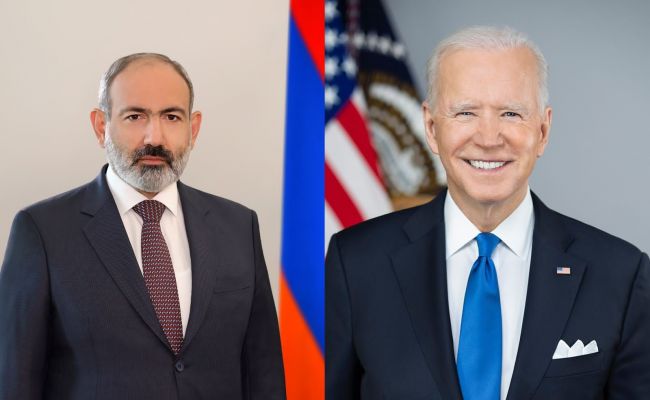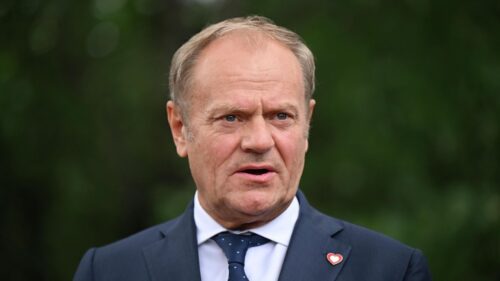
Yerevan and Washington maintain intrigue: Will a Strategic Partnership Agreement be signed by Jan. 20?
Yerevan has neither confirmed nor denied recent reports that Armenia and the United States are set to sign a strategic partnership agreement in the coming days, EADaily writes. It was noted that Armenian-American relations transitioned from “strategic dialogue” to strategic partnership last year when an interagency delegation led by U.S. Assistant Secretary of State for European and Eurasian Affairs James O’Brien visited Yerevan. It was noted that if the document to elevate Armenian-American relations to the level of strategic partnership is signed before Jan. 20—the inauguration day of the next President, Donald Trump—it would mean that the agreement was concluded with the outgoing administration of the United States.
In this context, there is a risk that the Republican team in the White House may later reconsider or entirely reject its implementation. Donald Trump will have little reason, unlike his predecessor, to view Armenia as a strategic partner of the United States. For the world’s largest economy, Armenia, with the smallest economy in the South Caucasus, is only the 167th partner in terms of mutual trade volume. Armenia remains part of the same regional collective security system with Russia, although its membership in the CSTO was “frozen” for an indefinite period by the decision of the republic’s leadership last year, and the issue of a possible withdrawal from the organization has actually been raised. However, bilateral military-political agreements between Yerevan and Moscow remain in force, as does the presence of the 102nd Russian military base in the Armenian city of Gyumri. Armenian authorities do not intend to withdraw from the Eurasian Economic Union. For the future U.S. administration, unlike the outgoing team of Joe Biden, Armenia, as even pro-American analysts in Yerevan admit, is losing its status as a priority partner in the South Caucasus. Will that role be assumed by Azerbaijan, given its much greater economic appeal to the U.S. re-elected president, who has come from big business? Time will tell. However, there are already clear signals from Azerbaijan’s leadership indicating its readiness for a qualitatively new level of relations with foreign countries in the form of strategic partnership. If the strategic partnership document between Armenia and the U.S. is signed by Jan. 20, it would be a new gesture from the outgoing administration of the White House in the form of “slamming the door.” In any case, the Biden administration could use this gesture to convey that the transition from “strategic dialogue” to strategic partnership with Armenia has matured, and there is an opportunity to formalize it before Jan. 20. Nevertheless, Washington seems to prefer to maintain the intrigue for now.


